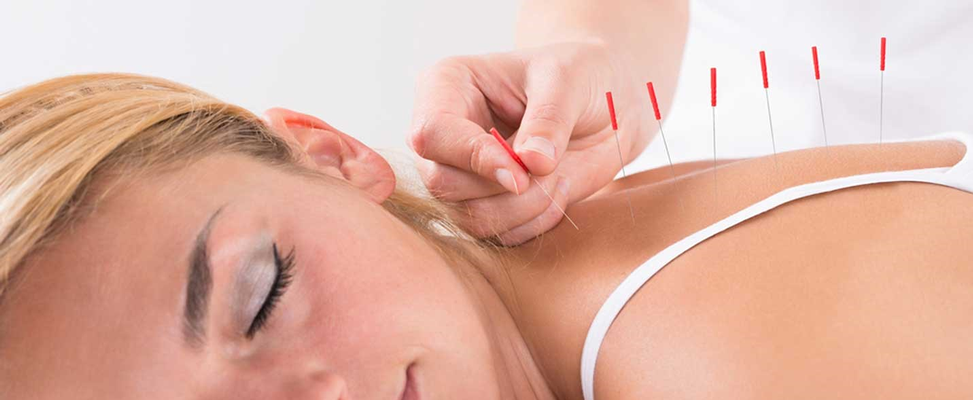-
Telephone
+905467223546 -
Address
Palazoğlu Sokak Eren Palas Apt. No:5-7 Kat:2 Daire:9 Merkez Mahallesi Şişli/İstanbul -
Monday - Friday
09:00 - 17:00

Acupuncture is part of the ancient practice of Traditional Chinese medicine (TCM).
TCM is a system of healthcare that has evolved over thousands of years to prevent, diagnose, and treat disease.
TCM believes that the body's vital energy, called qi (pronounced chi), flows along specific channels or meridians.
If the qi is balanced then the person has spiritual, emotional, and physical health. But when the qi isn't in balance, disease may occur.
Qi can be blocked, causing unbalance between the yin and yang. This refers to two opposite but connected principles in Chinese philosophy TCM uses many approaches to create harmony between yin and yang and restore correct flow of energy through the meridians. One of these approaches is acupuncture.
Acupuncturists believe the human body has more than 2,000 acupuncture points. They are linked through the various meridians. The use of acupuncture on certain points within the meridians is believed to improve the flow of blocked or stagnant qi.
Acupuncture can unblock these meridians. This restores movement of qi and improves health.
The actual practice of acupuncture includes placing thin needles into the skin on certain points of a meridian.
These are then activated by the provider's hands or through electrical stimulation. Studies have shown that acupuncture works well for many conditions.
These are discussed in more detail below.
Acupuncture is not for everyone. If you choose to see an acupuncturist, talk with your healthcare provider first.
Find an acupuncturist who is licensed and has the right training and credentials.
What does acupuncture feel like?
Acupuncture is done using hair-thin needles. Most people report feeling little pain as the needle is put into certain points.
Needles are only inserted to a point that causes a feeling of pressure or ache. Needles may be heated during the treatment.
Mild electric current may also be applied to the needles. Some people say acupuncture makes them feel energized. Others say they feel relaxed.
Needles must be sterilized to prevent infection. Incorrect needle placement can cause pain during treatment.
This makes it important to find an experienced, well-trained, experienced provider who understands meridians and uses sterilized needles.
The FDA regulates acupuncture needles just as it does other medical devices.
Sometimes other forms of stimulation are used over the acupuncture points instead of needles. These include:
Heat (moxibustion)
Pressure (acupressure)
Friction
Suction (cupping)
Electromagnetic energy impulses
How does acupuncture affect the body?
Acupuncture points are believed to stimulate the central nervous system.
This releases chemicals into the muscles, spinal cord, and brain. These biochemical changes may stimulate the body's natural healing abilities.
They may promote physical and emotional well-being.
Studies have shown that acupuncture is effective alone or when used with conventional therapies to treat these conditions:
Upset stomach (nausea) caused by surgical anesthesia and cancer chemotherapy
Dental pain after surgery
Addiction
Headaches
Menstrual cramps
Tennis elbow
Fibromyalgia
Myofascial pain
Osteoarthritis
Low back pain
Carpal tunnel syndrome
Asthma
It may also help with stroke rehabilitation.
What conditions may be helped by acupuncture?
Many people in the U.S. get acupuncture treatment to ease long-term (chronic) pain.
This includes arthritis and low back pain. But acupuncture has other uses around the world.
Before getting acupuncture, talk with your healthcare provider. Conditions that may be
Copyright @All rights reserved..